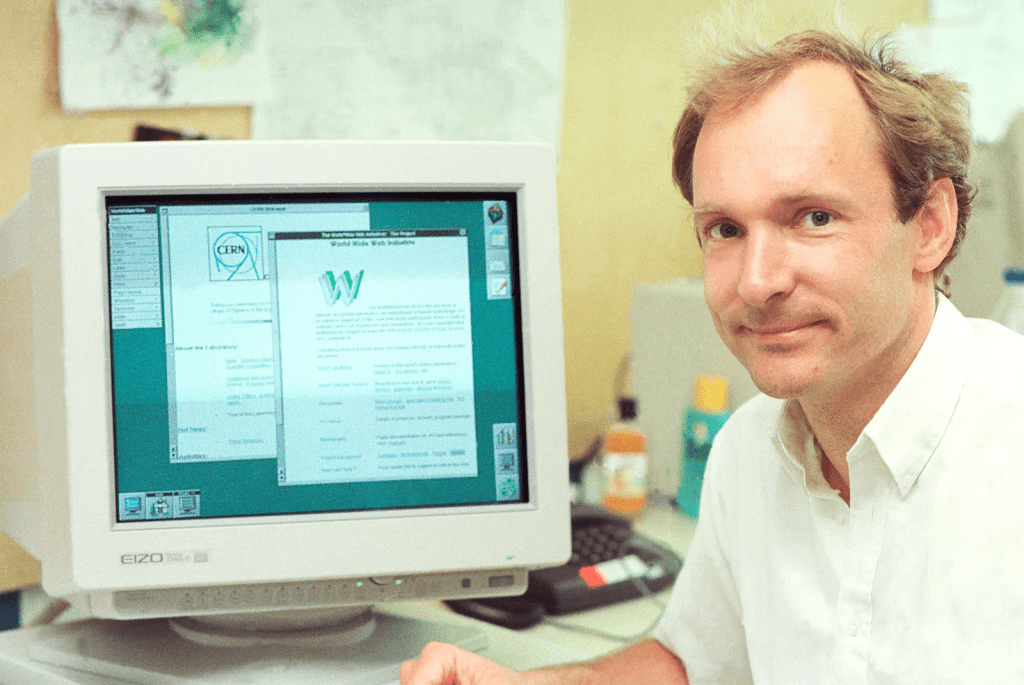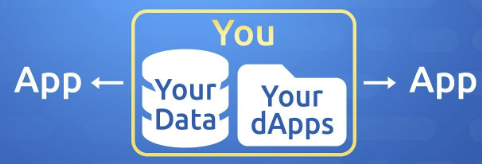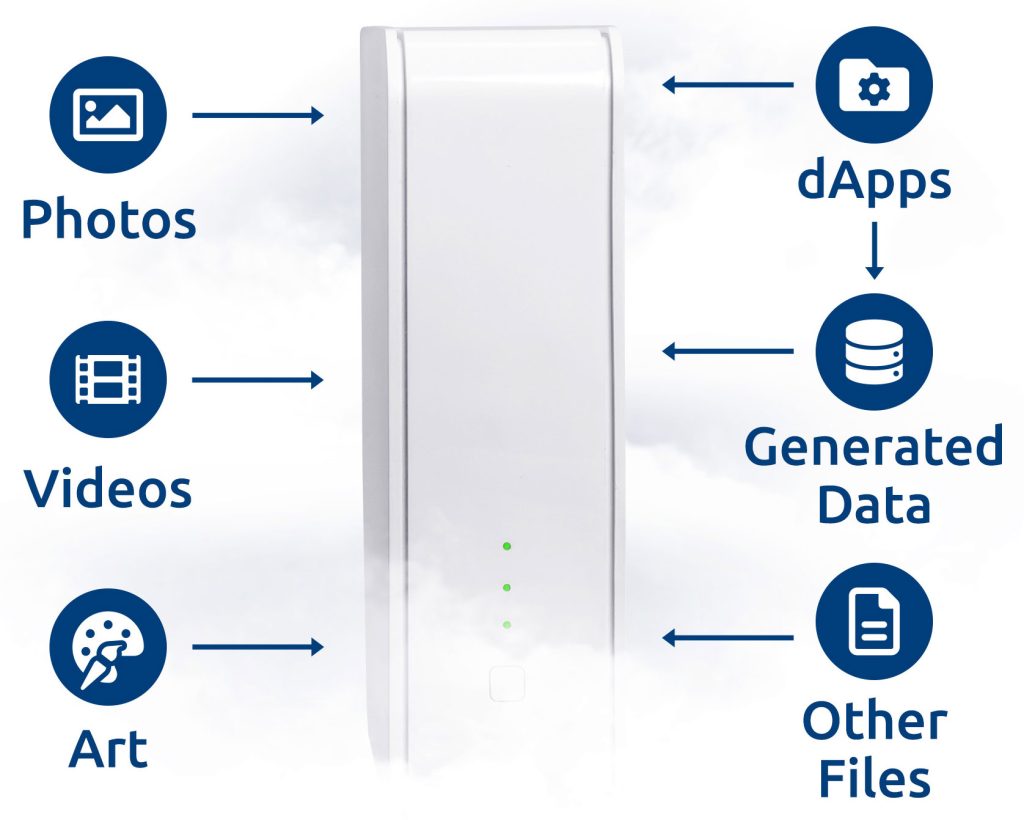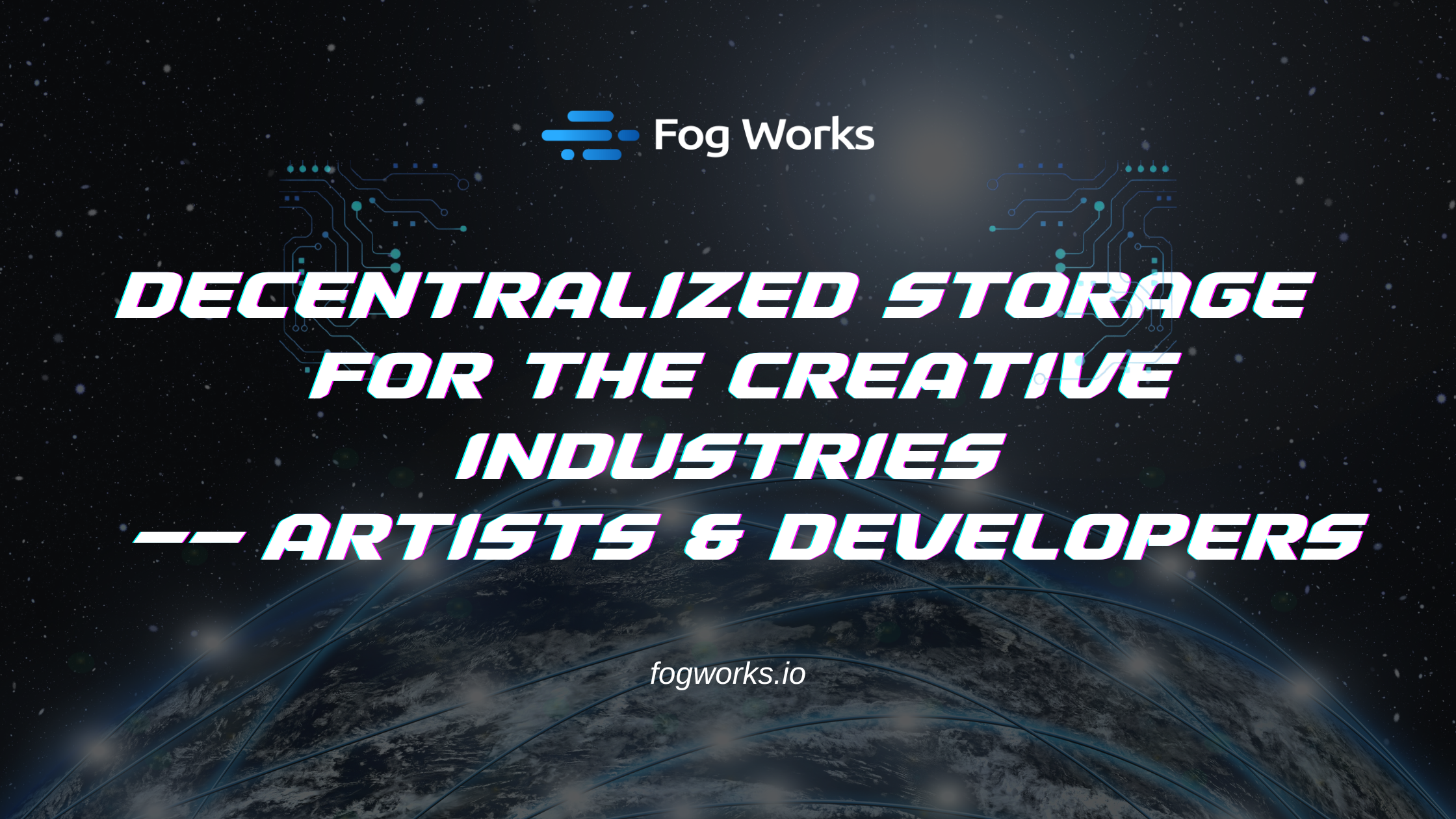
In 1989, Sir Tim Berners-Lee invented the World Wide Web (“the Web”) to improve information sharing between scientists and universities across the world. Berners-Lee quickly realized the Web could be used by everyone. An information utopia, of sorts: a place where everyone could be empowered with all the best information.
But, rather than empower individuals, the Web has primarily empowered tech giants. Per Vanity Fair:
We, collectively, by the billions, gave it away with every signed user agreement and intimate moment shared with technology. Facebook, Google, and Amazon now monopolize almost everything that happens online, from what we buy to the news we read to who we like. Along with a handful of powerful government agencies, they are able to monitor, manipulate, and spy in once unimaginable ways.
In 2018, Berners-Lee co-founded Inrupt, a company with a mission to “provide commercial energy and an ecosystem to help protect the integrity and quality of the new web built on Solid.” Inrupt has successfully raised over $46M of venture capital funding to-date, and Berners-Lee has recently been in the headlines, like:
- Euronews, 11/21/22: “Inventor of the Web Sir Tim Berners-Lee wants to save your data from Big Tech with Web3.0“
- CNN, 12/16/22: “Inventor of the world wide web wants us to reclaim our data from tech giants”
The primary (and perhaps only) way to minimize or eliminate this agency problem is to radically restructure who controls and owns the data.


- Every individual and organization stores and controls their own data store.
- There is no one central controlling node, single point of failure, or “kill switch.”
- Individuals/organizations can access their own data thru a global login ID.
- Has a common universal API, so that any app can pull data from any source (with proper credentials and authentication).
- Doesn’t rely on cryptocurrency or the blockchain. Notably, Berners-Lee has been very skeptical of the blockchain.
- Every individual and organization stores and controls their own data store.
- There is no one central controlling node, single point of failure, or “kill switch.”
- Individuals/organizations can securely access their own data.
- Users can publish private, semi-private, and public data, and apps can write proprietary APIs to authenticate and give partners appropriate CRUD permissions.
- Blockchain is used as a enabling technology to (1) help achieve full decentralization of both data and applications (2) establish data ownership and provenance; and tokens (i.e., cryptocurrency) are used to incentivize behavior across millions of nodes to achieve full decentralization and reliable data backup/replication.




